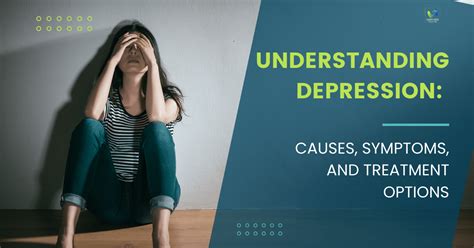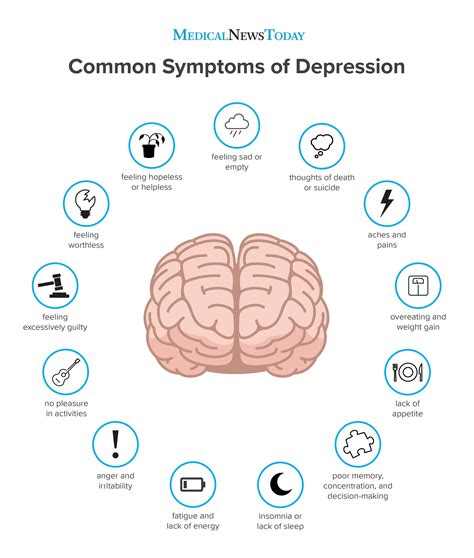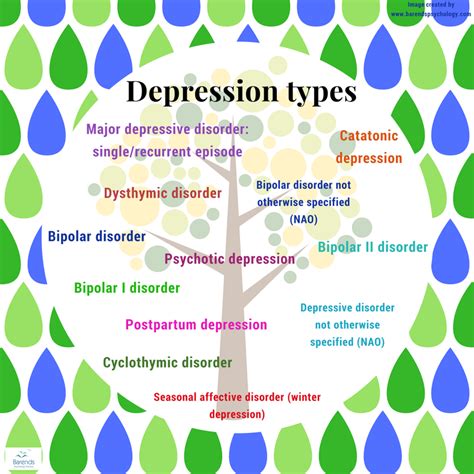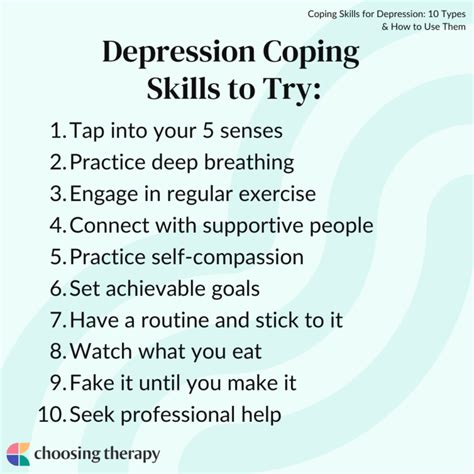Intro
Identify depression signs with our expert guide, covering mental health, anxiety, and mood disorder symptoms, to help you recognize the 5 key indicators of depression and seek support for emotional wellness and recovery.
Depression is a complex and multifaceted mental health disorder that affects millions of people worldwide. It is a condition characterized by persistent feelings of sadness, hopelessness, and a lack of interest in activities that once brought joy. Depression can be debilitating, making everyday tasks feel like insurmountable challenges. Despite its prevalence, depression remains shrouded in stigma, and many people struggle to recognize its signs and symptoms. If you're wondering whether you or someone you know might be suffering from depression, it's essential to understand the common signs and symptoms associated with this condition.
Depression can manifest differently in different people, and its symptoms can vary in severity and duration. Some people may experience mild symptoms that come and go, while others may struggle with severe symptoms that interfere with their daily lives. Regardless of the severity, depression is a treatable condition, and seeking help is the first step towards recovery. By understanding the signs and symptoms of depression, you can take the first step towards seeking help and reclaiming your life.
Recognizing the signs of depression is crucial for seeking help and starting the journey towards recovery. Depression is not a sign of weakness, and it's not something that you can simply "snap out of." It's a serious mental health condition that requires professional treatment and support. By acknowledging the signs and symptoms of depression, you can take the first step towards healing and regaining control over your life. Whether you're struggling with depression yourself or supporting a loved one, understanding the signs and symptoms of this condition can help you navigate the journey towards recovery.
Understanding Depression

Causes of Depression
The causes of depression are complex and multifaceted. While the exact causes of depression are still not fully understood, research suggests that it's a combination of genetic, environmental, and psychological factors. Some of the common causes of depression include: * Genetic predisposition: People with a family history of depression are more likely to experience depression themselves. * Brain chemistry: Imbalances in neurotransmitters such as serotonin and dopamine can contribute to depression. * Life events: Traumatic events, such as the loss of a loved one, a divorce, or a major illness, can trigger depression. * Personality traits: People with low self-esteem, perfectionism, or a pessimistic outlook are more prone to depression. * Medical conditions: Certain medical conditions, such as hypothyroidism, chronic pain, or sleep disorders, can increase the risk of depression.Signs and Symptoms of Depression

Recognizing the Signs of Depression
Recognizing the signs of depression is crucial for seeking help and starting the journey towards recovery. If you're experiencing some or all of the symptoms mentioned above, it's essential to seek professional help. Depression is not something that you can simply "snap out of," and it's not a sign of weakness. It's a serious mental health condition that requires professional treatment and support. By acknowledging the signs and symptoms of depression, you can take the first step towards healing and regaining control over your life.Types of Depression

Treatment Options for Depression
Treatment for depression usually involves a combination of medication, therapy, and lifestyle changes. Some common treatment options for depression include: * Medications: Antidepressants, such as selective serotonin reuptake inhibitors (SSRIs), can help alleviate symptoms of depression. * Therapy: Cognitive-behavioral therapy (CBT), interpersonal therapy (IPT), and psychodynamic therapy can help individuals identify and change negative thought patterns and behaviors. * Lifestyle changes: Regular exercise, healthy eating, and adequate sleep can help alleviate symptoms of depression. * Alternative therapies: Acupuncture, yoga, and meditation can help reduce stress and anxiety, which can contribute to depression.Coping with Depression

Supporting a Loved One with Depression
Supporting a loved one with depression can be challenging, but there are several ways you can help. Some tips for supporting a loved one with depression include: * Listening without judgment: Allow your loved one to express their feelings and thoughts without interrupting or judging them. * Encouraging treatment: Support your loved one in seeking professional help and encourage them to stick to their treatment plan. * Offering practical help: Help your loved one with daily tasks, such as grocery shopping or household chores, which can be overwhelming when they're struggling with depression. * Taking care of yourself: Supporting a loved one with depression can be emotionally draining, so make sure to take care of yourself and seek support if you need it.Conclusion and Next Steps

If you're struggling with depression, don't hesitate to reach out for help. Talk to a mental health professional, connect with a support group, or confide in a trusted friend or family member. Remember, depression is not a sign of weakness, and it's not something that you can simply "snap out of." It's a serious mental health condition that requires professional treatment and support.
What are the common signs and symptoms of depression?
+The common signs and symptoms of depression include persistent feelings of sadness, hopelessness, and a lack of interest in activities, changes in appetite or sleep patterns, fatigue or loss of energy, and difficulty concentrating or making decisions.
How can I support a loved one with depression?
+You can support a loved one with depression by listening without judgment, encouraging treatment, offering practical help, and taking care of yourself. Remember to be patient, understanding, and supportive, and to seek help if you need it.
What are the treatment options for depression?
+Treatment options for depression usually involve a combination of medication, therapy, and lifestyle changes. Medications such as antidepressants can help alleviate symptoms of depression, while therapy can help individuals identify and change negative thought patterns and behaviors. Lifestyle changes such as regular exercise, healthy eating, and adequate sleep can also help alleviate symptoms of depression.
Can depression be cured?
+Depression is a treatable condition, and with the right treatment and support, it's possible to manage symptoms and regain control over your life. While depression may not be "cured" in the classical sense, it's possible to experience significant improvement and live a fulfilling life with the right treatment and support.
How can I prevent depression?
+While it's not possible to completely prevent depression, there are several steps you can take to reduce your risk. These include maintaining a healthy lifestyle, building and maintaining social connections, practicing stress-reducing techniques such as meditation or yoga, and seeking help if you're experiencing symptoms of depression.
